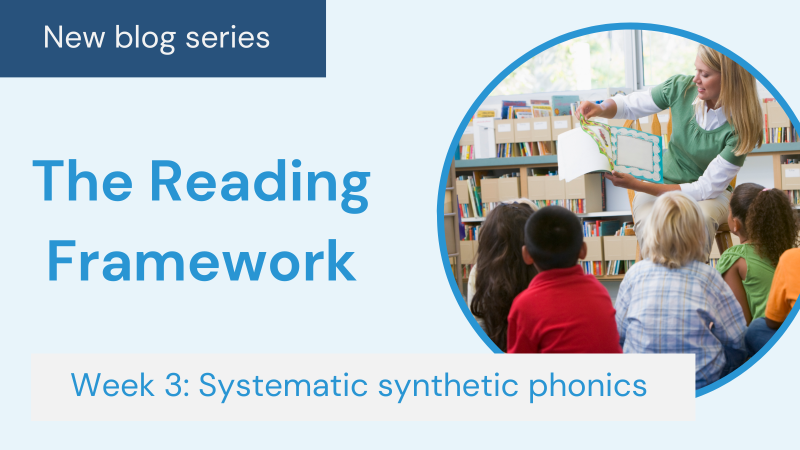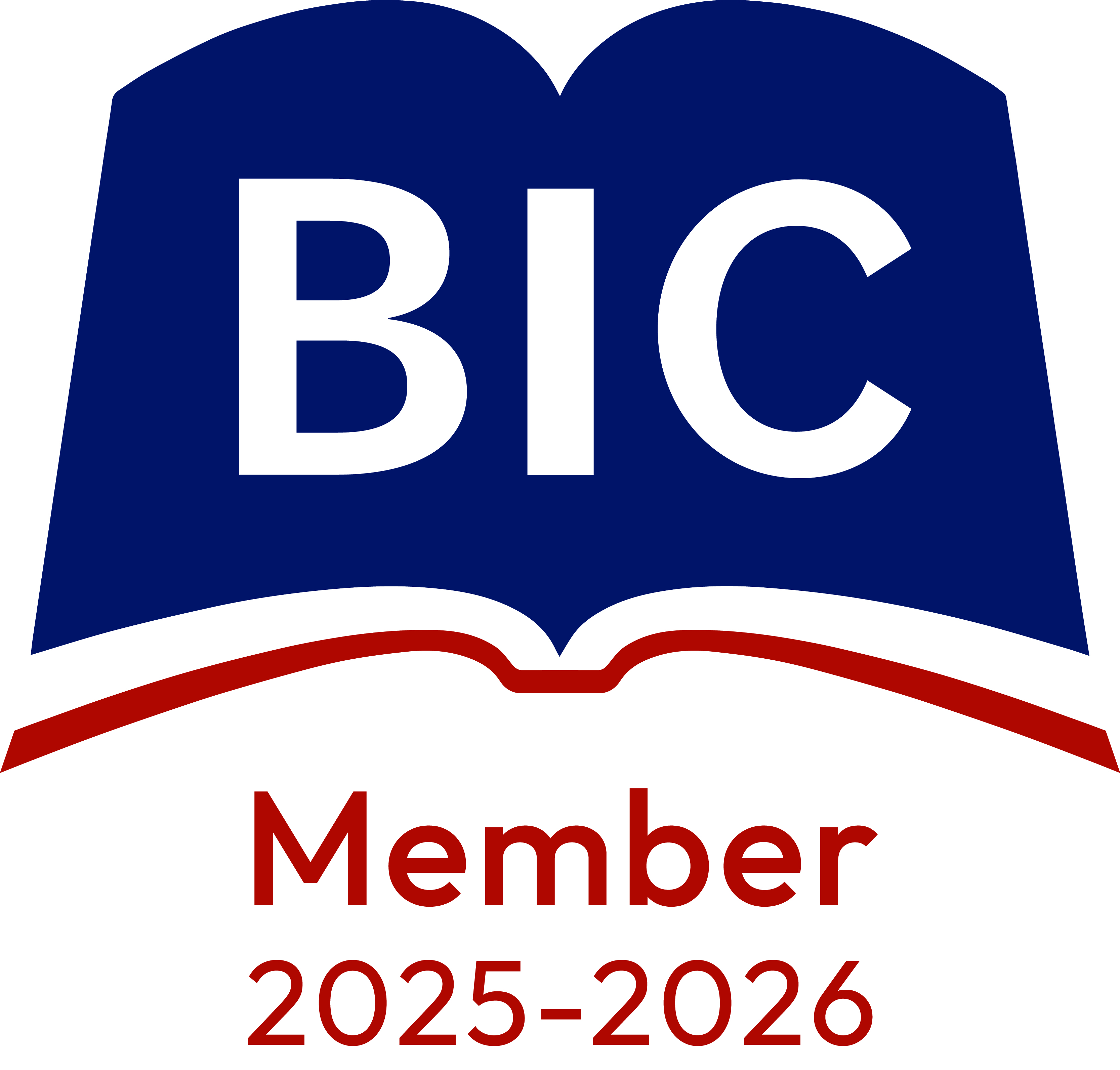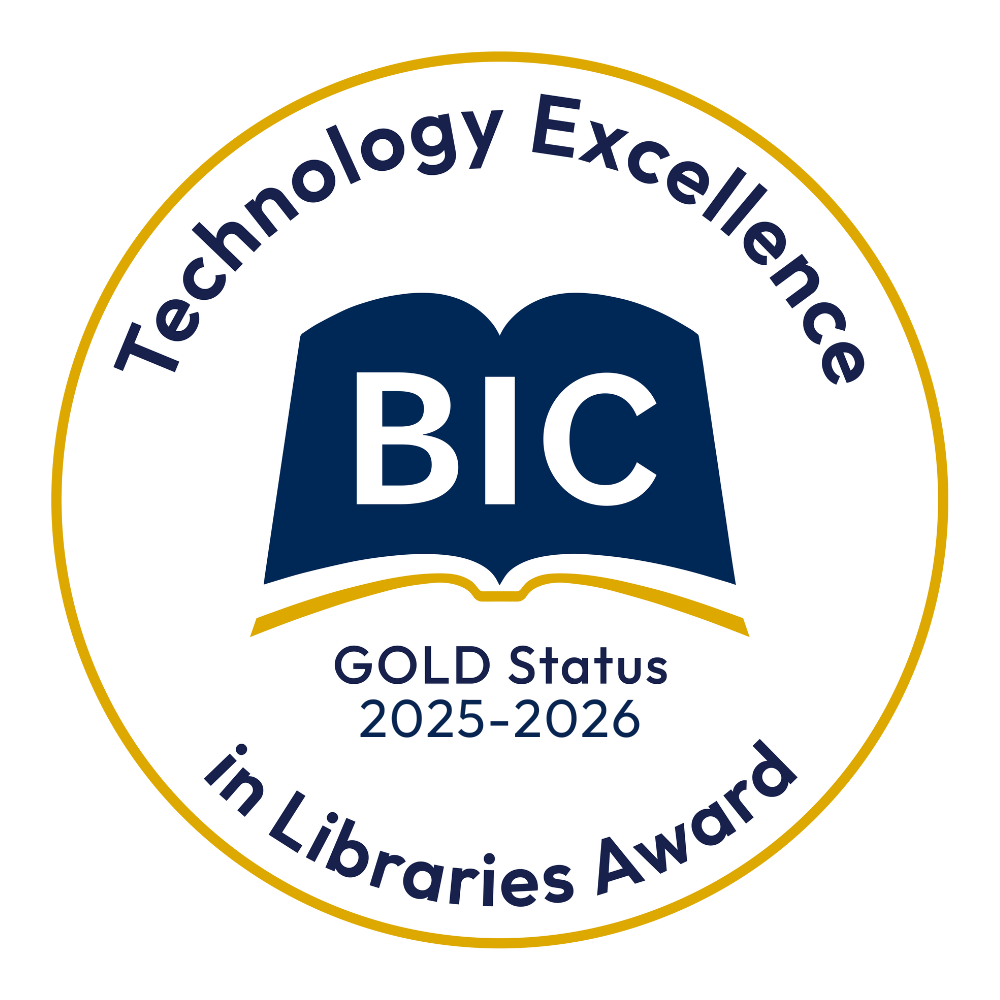Please note that we will automatically hold all schools orders from 16–20 February due to the half-term break. If your school remains open for delivery and you'd like your books delivered during that week, please let us know by calling us on 0121 666 6646 or emailing hello@peters.co.uk.
For help, advice and telephone ordering call our team on 0121 666 6646
Are you sure you wish to delete this basket?()
This action cannot be undone.
Sorry, something went wrong
Please report the problem here.
Reading Framework series: Systematic Synthetic Phonics

October 9th 2023
This week's reading framework focus is phonics. As a key aspect of both the reading framework and reading provision within every school, it is always worth reflecting on your phonics provision. What is working well? Which areas require improvement? Without this attention to detail, some pupils may fail to secure the basic ability to read, something we know will have a huge impact on their learning and indeed success in later life.
Phonics reading books and the national curriculumFor schools considering a move to an alternative scheme, or simply looking for some phonics advice, we have information on all the main phonics for key stage 1 and above on our dedicated phonics pages, or get in touch to speak directly to our team, who have years of experience. Ordering new phonics books is easy with our book packs for schools and bespoke selection service. We can address your school's gaps to save staff the time and effort of selecting titles themselves. |
|
 |
'In England, the national curriculum requires maintained schools to teach reading using systematic phonics. When inspecting the curriculum, Ofsted consider:
DfE Reading Framework 2023, pages 44–45 |
Invest in quality booksEnsuring that you have the right phonics reading books at the right level for all your pupils can be time-consuming and challenging. This is especially the case if you have a percentage of older readers who require age-appropriate phonics material or reading books for send pupils. Create an online account to access a wealth of details on individual phonics titles, and assess whether they fill gaps in your provision, as well as their topic suitability and appeal. ‘[Schools] should invest in books that have been carefully structured in cumulative steps for pupils learning to read, so that they can decode every word as their knowledge of the alphabetic code increases. These books are often referred to simply as 'decodable' books. They give pupils the opportunity to develop their fluency in reading individual words and texts. Older pupils who have not yet learnt to read also need such books.' DfE Reading Framework 2023, page 49 |
|
SEND pupilsThe reading framework reinforces how important it is for SEND pupils to also learn to read at an age-appropriate level, but limited practical support is offered. While every teacher has this ideal in mind for their pupils – irrespective of their needs – there are undoubtedly challenges that pupils (and staff) face when mastering the skill of reading. Alongside our work with mainstream schools, we also work closely with schools in SEND specialist settings. Our work with teachers and librarians ensures that schools have the right books to engage and support pupils of all ages and abilities, including HiLo titles. |
|
Becoming a confident readerHaving the right range of titles to support young readers as they progress from phonics texts to titles which support their increasing fluency is critical. These books need to be engaging and suitable in length and vocabulary if pupils are to continue their initial steps towards becoming a confident, independent reader. Selecting these texts can be more complicated, as they are not dependent on phonics phases like earlier titles. This is where you can rely on our team of experts to select titles for you. Or why not try our beginner reads and short chapter books pages? You could also support your pupils with engaging read aloud experiences. Our early years, DEAR and whole class reads pages are regularly updated with suggestions. We’ll do the hard work for you so you can have all the fun! 'As pupils gain fluency, their motivation increases: they start to enjoy reading more and are willing to do more of it.' DfE Reading Framework, page 60 'The teacher has a vital role in choosing and reading aloud books that will motivate pupils to read gradually more demanding texts.' DfE Reading Framework, page 63 |
|
|
|
Instil a Reading for Pleasure culturePage 68 of the reading framework states: ‘Those who fail to learn to read early on often start to dislike reading.’ Providing phonics progression whilst instilling a Reading for Pleasure culture across each year group can certainly be challenging. Check out our team's reading for pleasure recommendations to inspire your staff and pupils to love reading and learning to read. |
Phonics for older pupilsWe have a dedicated page of phonics selections for pupils at KS2 and across secondary school who need decodable texts at the right level, but titles that don't demean them in appearance or content. We also provide further advice on fluency titles for pupils still securing this skill. Again, these seek to provide pupils with text that is suitable to their reading development, but content which appeals to their age range. If you need tailored support or bespoke selections for delivering phonics teaching to older pupils, our team will be happy to help. ‘[Pupils] who are not yet reading fluently as they get older require further timely and targeted support. They also require substantial practice in reading texts that include only the words they can decode at their current stage of reading development.’ 2023 Reading Framework, page 19 ‘Many key stage 2 and 3 classrooms have pupils with differing levels of poor word reading. It is important to identify whether they need support in decoding or reading fluency. 2023 Reading Framework, page 68 |
|
Phonics provision is both critical and complex; it needs constant reflection and monitoring, as well as new and engaging titles to ensure that all pupils are supported.
While this can be a time-consuming process, our team can provide the support, progression and precise selection you need. Our experience and expertise will leave you confident that your pupils have the best chance of securing this essential life skill as soon as possible.
Get in touch
For bespoke support and advice on implementing the reading framework guidance in your school, contact our team at hello@peters.co.uk, or call us on 0121 666 6646.






